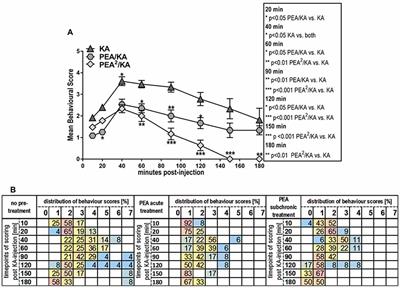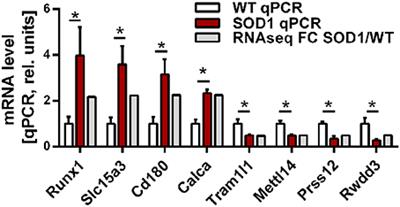ORIGINAL RESEARCH
Published on 31 May 2018
Medium-Chain Fatty Acids, Beta-Hydroxybutyric Acid and Genetic Modulation of the Carnitine Shuttle Are Protective in a Drosophila Model of ALS Based on TDP-43

doi 10.3389/fnmol.2018.00182
- 7,753 views
- 48 citations











